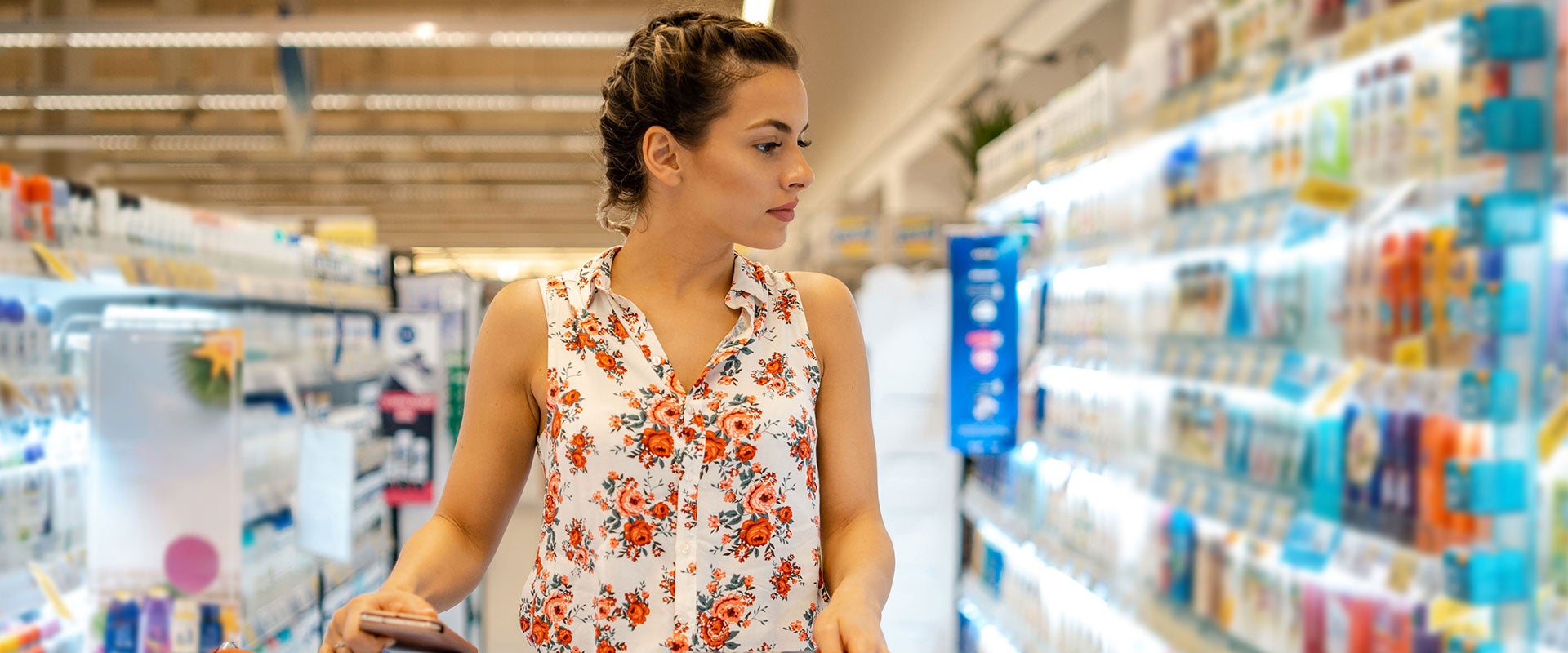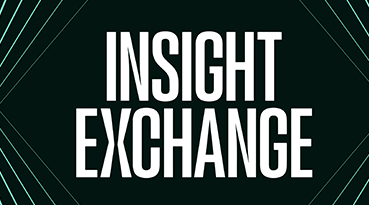Today’s inflationary environment persists at historic highs. Over the past 12 months, the consumer price index rose roughly 8%-9% in contrast to around 2%-3% over the prior decade. Measures to combat inflation and bring it back under control are expected to center on interest rate hikes. This type of contractionary policy change is likely to dampen consumer spending and could steer the U.S. economy into a recession. In fact, numerous economists believe that a recession will hit in 2023, though predicting the exact start and end date of a recession is, of course, impossible.
Once we enter recessionary territory, one might assume that the beauty and personal care market will decline unilaterally across categories. However, a downturn in the economy has historically been linked to an uptick in beauty sales — a finding affectionately termed the “lipstick effect.” For example, during the 2008 recession, the cosmetic industry was not only resilient but in fact grew. To explain this observation, different studies put forth varying reasons, though these converge around an intuitive truth: Small investments in self-care are on trend because, recession or no recession, “look good, feel good” holds.
Despite such historical trends favoring BPC performance in challenging economic periods, many consumers are indicating that climbing prices in 2022 have changed the way they shop for BPC products and services. Understanding how different consumers are reacting to the current environment and how they may react to a recession is essential for BPC companies. Drawing on an August 2022 survey of 724 U.S. BPC consumers, we’ll explore how inflationary pressures are affecting category spend and how a recession may add to this effect. We’ll also unpack which segments of spend are most at risk and end with a brief discussion of how brands can best weather a period of inflation and potential recession.
Inflationary impact
A generational lens
According to our survey, Gen Z consumers (18-to-25-year-olds) have been impacted by inflation the most, with rising prices resulting in a net reduction in BPC spend for the group (see Figure 1). Given Gen Z’s earlier career stage and associated lower income compared to other generations, this isn’t surprising. In contrast, other generations report no impact of inflation on their BPC spend, in aggregate. This finding may prove problematic for newer beauty brands trying to break into the industry as Gen Z consumers are more likely to try new items than other generations. On the flip side, established brands that have a sticky, older target consumer may be better positioned to weather the storm.











